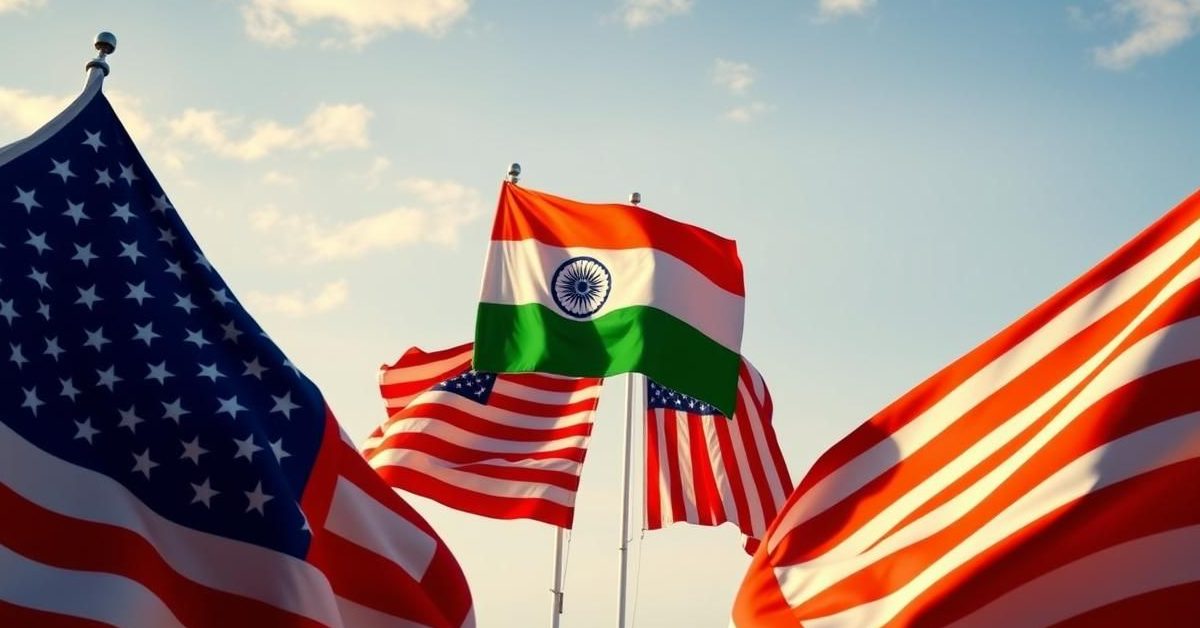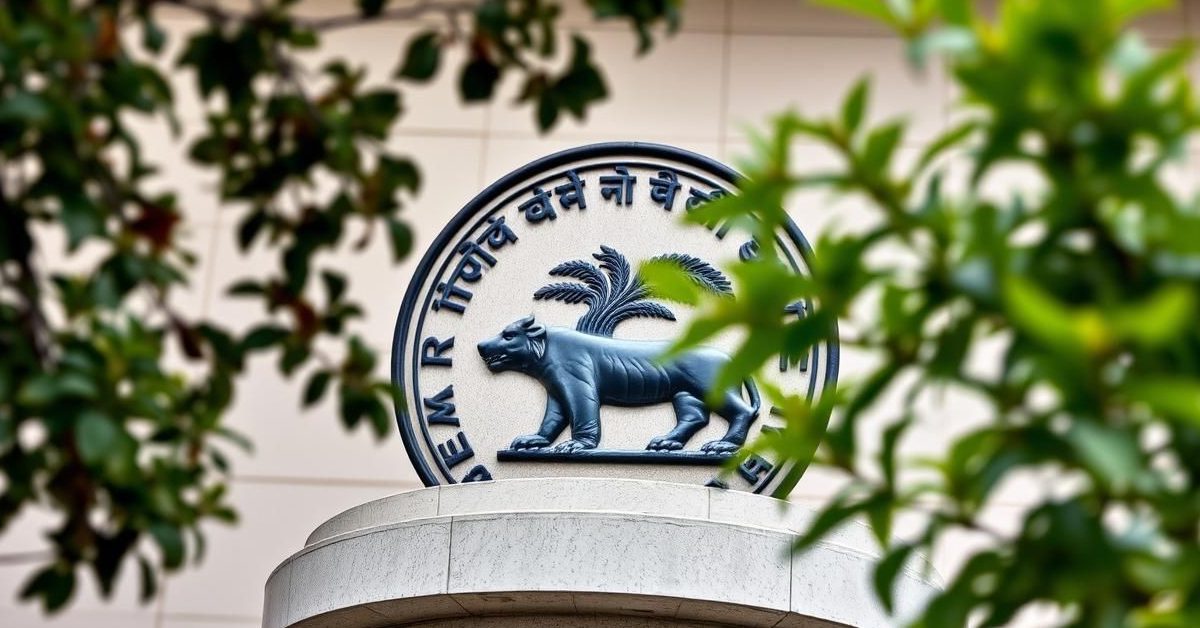India is taking a novel approach in its ongoing trade negotiations with the United States, sidestepping a standard operating procedure (SOP) that was in the works for future trade agreements.
Navigating Complex Trade Discussions
Discussions for an interim trade deal between India and the US have been dynamic, leading India’s Ministry of Commerce and Industry to adopt a fresh strategy. This new approach operates outside the 60-page SOP, which had been under preparation since May of last year.
The SOP was designed to streamline the entire process of trade negotiations, from launching and conducting talks to forming negotiation teams and managing human resources. Its goal was to ensure consistent procedures for future agreements.
Why a New Strategy?
Despite the efforts, the SOP for trade negotiations was not finalized due to internal disagreements. A government official revealed that the “dynamic nature” of US trade negotiations necessitated conducting the current talks outside its scope.
This comes as US President Donald Trump has been pushing for trade deals, having set and revised deadlines for countries to sign agreements to avoid reciprocal tariffs. While he announced new tariffs on several nations, he stated that a deal with India is “close.”
Industry and Farmer Concerns
While extensive consultations have taken place with various Indian industries, from textiles to automobiles, a significant point of contention has emerged: the agricultural sector. Farmer bodies and state ministers are expressing serious concerns about the lack of consultation regarding the US deal, which could potentially open up India’s agricultural market.
Farmers Raise Alarms
P. Prasad, Kerala’s Minister for Agriculture, recently voiced strong apprehension. He warned that the livelihoods of countless rubber, coconut, dairy, and poultry farmers in Kerala could be at risk if India fails to protect their interests during these negotiations. Prasad highlighted that Kerala was not consulted, drawing parallels to the India-ASEAN trade agreement, which previously had a negative impact on the state.
The Indian Coordination Committee of Farmers Movements (ICCFM), representing farmers from 11 states, insists that agriculture should be entirely excluded from the trade deal. They pointed out that the US is a major exporter of synthetic rubber, and increased imports have already severely impacted natural rubber prices in India.
For instance, India imported a substantial amount of synthetic rubber and related products from the US, with figures showing imports worth Rs 1,556.54 crore in 2017–18, rising sharply to Rs 71,490.73 crore in 2018–19. Farmers fear that reducing import duties on synthetic rubber from the US would devastate domestic rubber farmers.
Additionally, farmers have raised concerns about the sugar industry. They warn that if a trade deal is signed, the US could import raw sugar from Brazil, process it, and then export it to India, thereby hurting India’s own sugar producers.
- India is deviating from its standard negotiation procedures to address the unique demands of US trade talks.
- A 60-page SOP for trade negotiations remains unfinalized due to internal disagreements.
- Indian farmers and state ministers are raising alarms about potential negative impacts on the agricultural sector, specifically citing concerns about synthetic rubber and sugar imports from the US.
As the “dynamic” discussions continue, balancing national interests with the demands of a major trade partner remains a key challenge for India.














